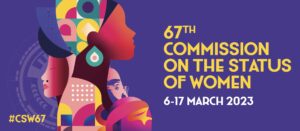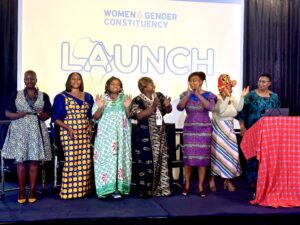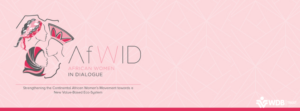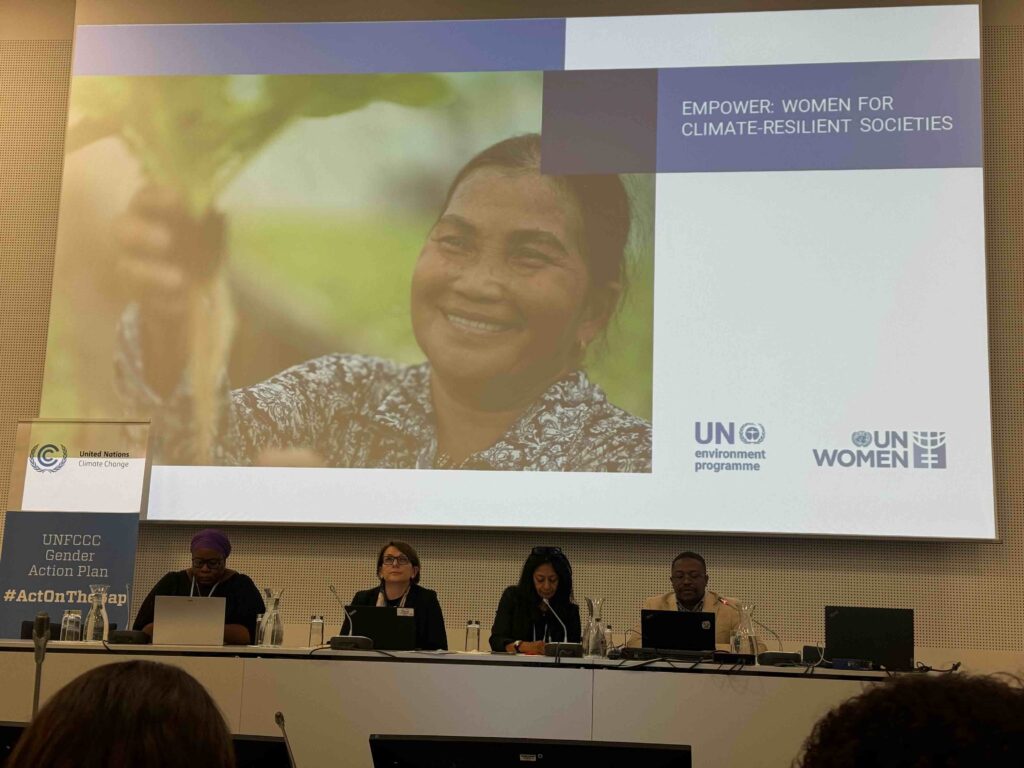
The just ended SBI60 saw over 6400 delegates travel to Bonn for a-two weeks global discussion on the current and future state of the planet’s climate. These negotiations are part of the yearly regular sessions held prior to the COP convenings that seeks to appraise and review the implementations of the agreed COP resolutions by member states. The SBI and SBSTA supports the work of the UNFCCC and usually convenes twice a year; playing a vital role in preparing the discussions, agenda and decisions ahead of the COP set to convene for its 30th session this upcoming November in Baku, Azerbaijan. The SBI and SBSTA are two permanent bodies to the COP convention; set to support the work of the COP, CMP (Conference of Parties to the convention serving as meeting of Parties to the Kyoto Protocol) and CMA (COP to the convention serving as meeting of Parties to the Paris Agreement) by providing required and timely updates and information on the COP agreements and its implementation.
It was an imperative global discussion this year; just as the years precedent that had delegates from member states, private sectors, civil society organizations and nongovernmental organizations join efforts to further strengthen global commitments in reducing global warming and emissions to less than 1.5o by 2050; a target that calls for the relentless commitment of every human, community and government for a joint action against climate change.
Women for a change, Cameroon(Wfac) as an accredited organization to the UNFCCC and a commitment maker to climate justice, was present in these negotiations, and as part of the Women’s Major Groups who make up one of the 9 major groups of the UNFCCC, Wfac engaged in the different conversations and negotiations at the global meeting; to review and appraise the current implementation of the COP agreements, and provide timely information on the state of things regarding its implementation.
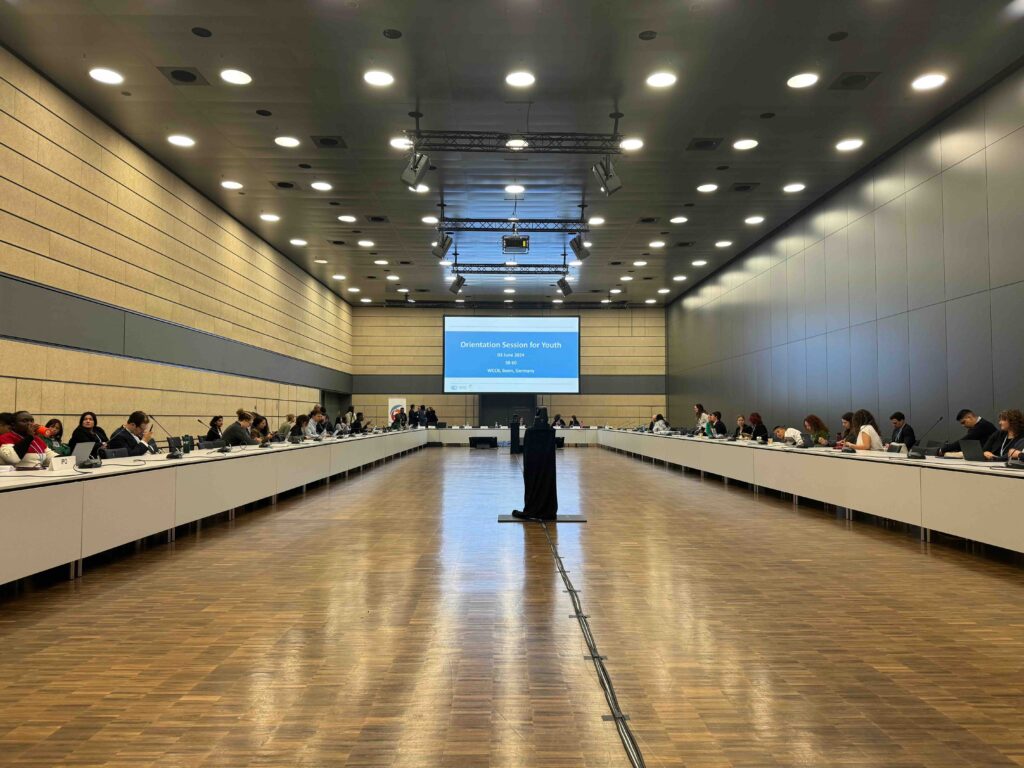
The two weeks negotiations had delegates all across engage in open plenary sessions, mandated side events and closed negotiations that sought to inform and advance the climate agenda ahead of COP29. These discussions evaluated the current events and state of things related but not limited to; climate finance; loss and damage; just transitions; health; gender; technology, adaptation and mitigation, and many other climate related issues. In these discussions, Wfac delegates joined other delegates; colleagues from the civil society; NGOs and INGOs; party representatives and other observers, to brainstorm and exchange learnings on the need for grassroots representation, gender mainstreaming, inclusivity and intersectionality in the design, implementation and evaluation of climate policies. As parties gear up to COP29 in Baku, Wfac’s commitments to promoting the global climate agenda remains unmatched as her continuous efforts in creating access for meaningful engagements and participation of grassroots women and girls, climate champions and key community actors in decision making spaces amplifies the need for an intergenerational and intersectional approach in promoting climate just


